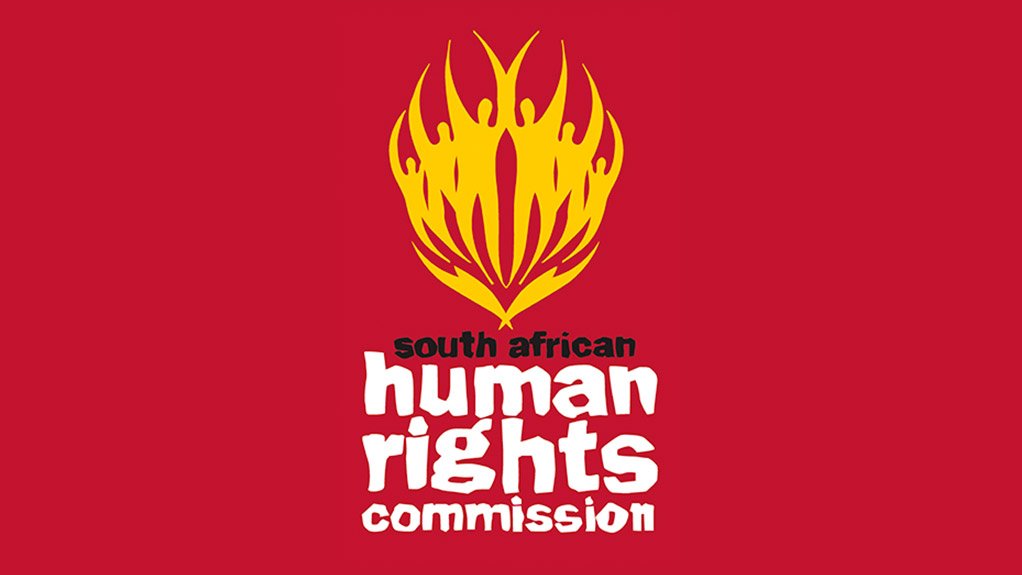The first witness from Phoenix who testified before the South African Human Rights Commission (SAHRC) investigation into July's civil unrest, refused to acknowledge that the killing of 33 black people in Phoenix was a massacre.
The hearing, led by SAHRC commissioners André Gaum, Chris Nissen and Philile Ntuli, is probing the unrest in July in KwaZulu-Natal and Gauteng which claimed over 340 lives and which cost the economy over R50-billion.
Sham Maharaj from the Phoenix Ubuntu Forum became tongue-tied at times during his testimony, which lasted for more than two hours.
He was being grilled by the commission's evidence leaders, on his thoughts on the massacre and whether it should be defined as such.
In a back and forth with evidence leaders, Maharaj accepted that the Marikana killings was a massacre, where 34 miners were shot dead by police. He, however, did not agree that the maiming and killing of 33 black people in one week could also be defined as a massacre.
Advocate Smanga Sethene peppered Maharaj after he claimed that the media contributed to misinformation on the events that unfolded in Phoenix.
"I think those were killings, we acknowledge the killings, condemn it and call for justice. The massacre thing was coined by the media and certain opportunistic politicians. If you call it a massacre, then so be it. I accept my view may be incorrect, and that your view could be incorrect as well," said Maharaj.
He doubled down, further stating that the Marikana massacre was different from the Phoenix deaths.
"If you look at Marikana, that was a massacre. Here the police can't say if people were found in Phoenix or how they were killed. We don't know if they were killed at one time or one day. There is no clarity from anybody."
When asked what the race grouping of most of the vigilantes was, Maharaj was equally combative in his responses.
"I haven't been there to see people were sitting armed, but I do know they were armed, people from drug syndicates, companies that are security driven. I do not know where exactly they are from."
Maharaj eventually conceded that most of the vigilante groups were made up of Indians.
When asked about his definition of a massacre, he said: "If I come with a machine gun and shoot everyone, that is a massacre. What difference does it make when 33 people are killed? We are arguing about that, but people were still killed."
He further called for the arrest of criminals who committed murders or any other crimes during the unrest.
No SAPS and gangsterism
Maharaj, during his testimony, also laid the blame for the chaos at the door of police, social media and long-standing criminal elements.
"I think what exacerbated the situation was a lack of assistance by SAPS. They were outnumbered by thousands to one. They were no help. Police were standing aside while looting happened. Social media was abuzz with many hard truths. Social media can be used positively, but in this case fingers must be pointed to social media and commercial media."
Maharaj said one of the violent incidents he recalled was visuals of a vigilante group assaulting a man and torching a taxi at a bottle store in Stanmore, Phoenix.
He alleged that the vigilante group was one of many criminal elements that tarnished the relationship between Phoenix residents and its surrounding communities.
"Phoenix has drug lords invested in the community. That one [in Stanmore] is a very famous one. You can get anything there and there is nobody that can tell them otherwise. What is happening with them is happening for more than 40 years without police doing anything.
"They are a law unto themselves. If you want drugs, you can go there 24 hours, if you want prostitutes, you can go there 24 hours a day. The bottle store is a front. This is a shebeen like hundreds of others in Phoenix. This one in Stanmore is a big one. People guarding it are criminals that infiltrated this place. That is one example of many others."
The hearing continues.
EMAIL THIS ARTICLE SAVE THIS ARTICLE
To subscribe email subscriptions@creamermedia.co.za or click here
To advertise email advertising@creamermedia.co.za or click here











